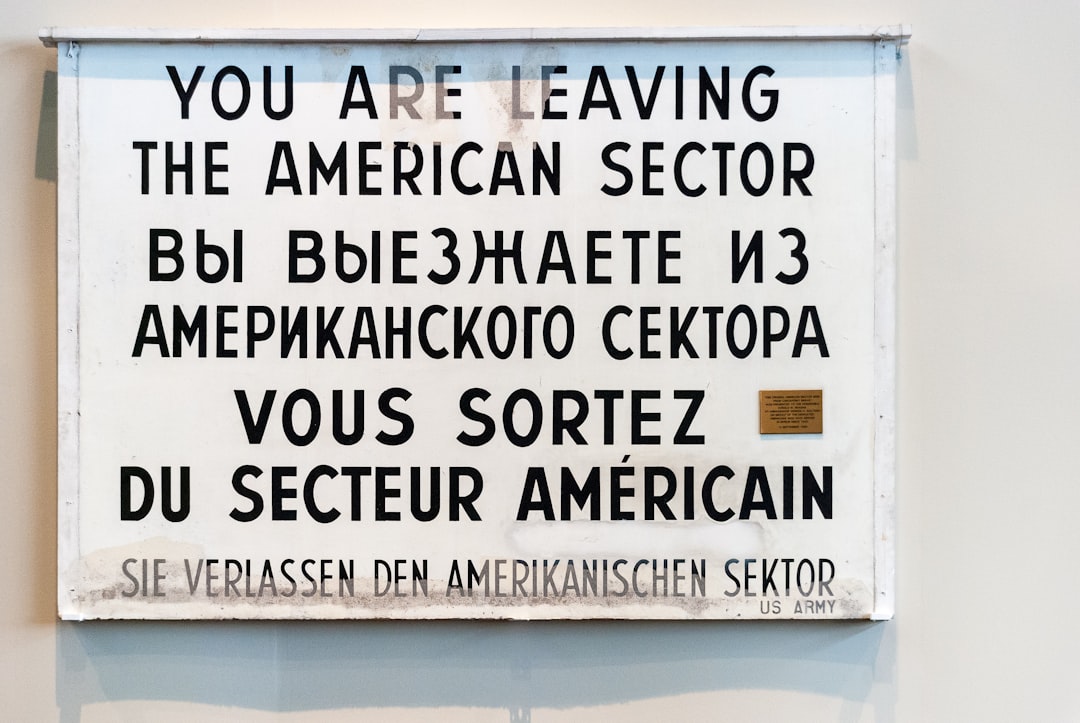10 more mistakes anglophones make in French
Part 3: Ten mistakes to avoid plus ten bonus mistakes and exercises!
This is the second article in a series where I outline the most common mistakes anglophones make in French without realizing it. In other words, I’m pointing out details you may not have heard before, not the usual problems you’ve heard before in other books and courses on the subject.
To read the two articles, go to:





